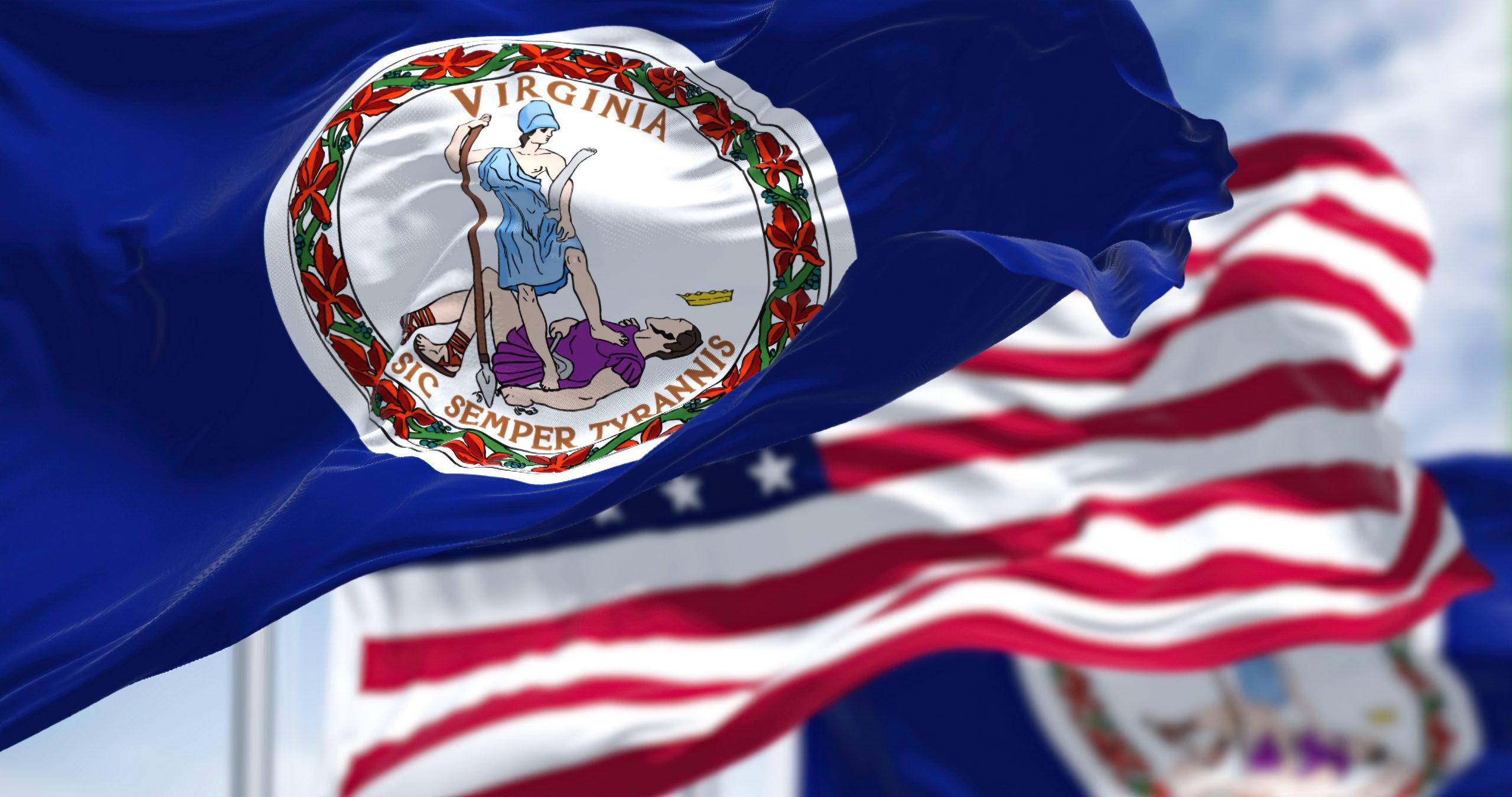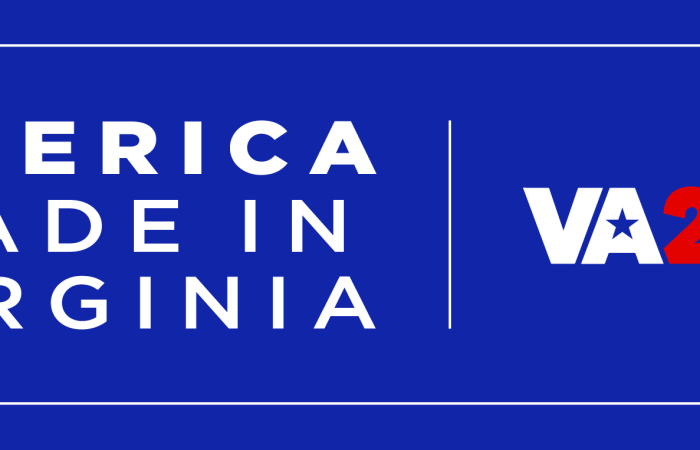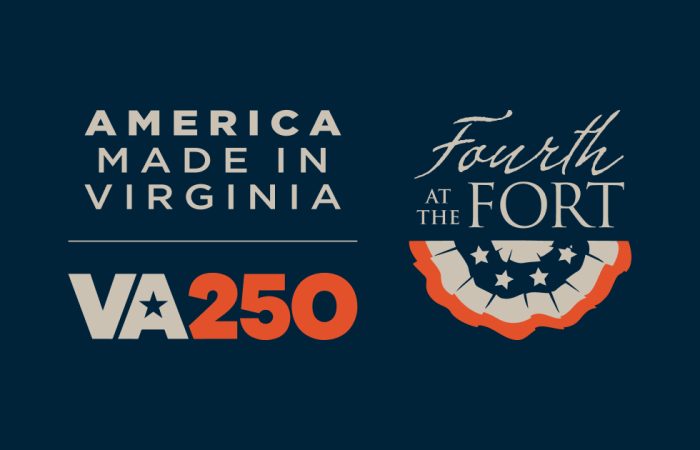America’s 250th commemoration needs your voice
by Senator Mamie Locke
VA250 Vice Chair
As an African American woman serving as vice chair of the Virginia American Revolution 250 Commission and chair of its African American Advisory Council, I’ve been asked, “Why are you playing a key role in leading a commemoration of the 250th anniversary of the Declaration of Independence? Not all Black people celebrate July 4th.” The question comes from skeptical friends and curious strangers who contend Black people gained no freedom that historic day. My answer is, “We are commemorating the freedom we’re still fighting for.”
Yes, America is far from perfect. The ink of the Declaration was barely dry when the stain of slavery seeped onto its parchment. But within that imperfection lies a seed, sown not in victory’s fanfare, but in the quiet defiance of those who dared to dream of a better world. For African Americans, the American Revolution wasn’t a moment of celebration, but a starting gun. The fight for freedom began the moment our ancestors touched this soil in chains, and it continues to this day.
Commemorating Virginia’s history involves triumph and tragedy, and its richness lies in acknowledging all perspectives. We can’t airbrush away the Civil War, its battlefields haunted by ghosts of white supremacy. But to focus solely on that conflict is to miss the vibrant Black resistance that runs throughout Virginia’s story.
This commission, then, has a vital task: to amplify the voices often muffled by the cannons’ roar. We must unearth the whispers of enslaved families fighting for their freedom, the shouts of defiance echoing through slave quarters, the quiet dignity of those who built this nation brick by stolen brick. Our focus shouldn’t be on what others did to them, but on what they did for themselves, for each other, for the very notion of freedom that America, in its flawed brilliance, dared to embrace.
Unearthing these stories won’t be easy. The written record of enslaved lives is a whisper in the archives, their voices often filtered through the pens of those who held their chains. But we must search, diligently and creatively, for every scrap, every oral tradition, every hidden corner where their narratives might be tucked away. This is not just about filling historical gaps; it’s about rewriting the very script of Virginia’s past, making space for those who were so often relegated to the margins.
And what then, beyond the commemoration? What legacy do we leave behind when the fireworks fade and the banners are packed away? It’s a question that haunts me, both as an educator and as a citizen of this complex and beautiful state. I believe the answer lies in unity, not just within Virginia, but across the nation. By telling everyone’s story, we can tell a story so rich, so intricate, that it transcends the divisions of the past and binds us together in a shared future.
This is where you come in! Frederick Douglass, in 1852, asked, “What to the slave is the Fourth of July?” He spoke of a dissonance between ideals declared and realities lived. That dissonance is precisely why we need your voice. We need every experience, every perspective, every story. Because the Revolution wasn’t just a battle won, it was a promise made, a seed planted in the fertile ground of human aspiration.
So, Virginians, lend your voices! Email us your thoughts, your suggestions, your stories to communications@va250.virginia.gov. Tell us how you envision a meaningful 250th commemoration. Share the legacies you want to build, the narratives you want unearthed. Remember, no voice is too small, no story too ordinary. Together, we can reclaim our shared past, not with blind patriotism, but with eyes wide open to its imperfections and its glories. Together, we can tell the stories of all who shaped this land. Let’s make Virginia’s 250th a chorus of voices, a celebration of unity, a testament to the promise of a more perfect union for all.
Virginia Sen. Mamie E. Locke, D-Hampton, is vice chair of the Virginia American Revolution 250 Commission, chair of its African American Advisory Council and professor emeritus of political science at Hampton University. Email her at senatorlocke@senate.virginia.gov.



